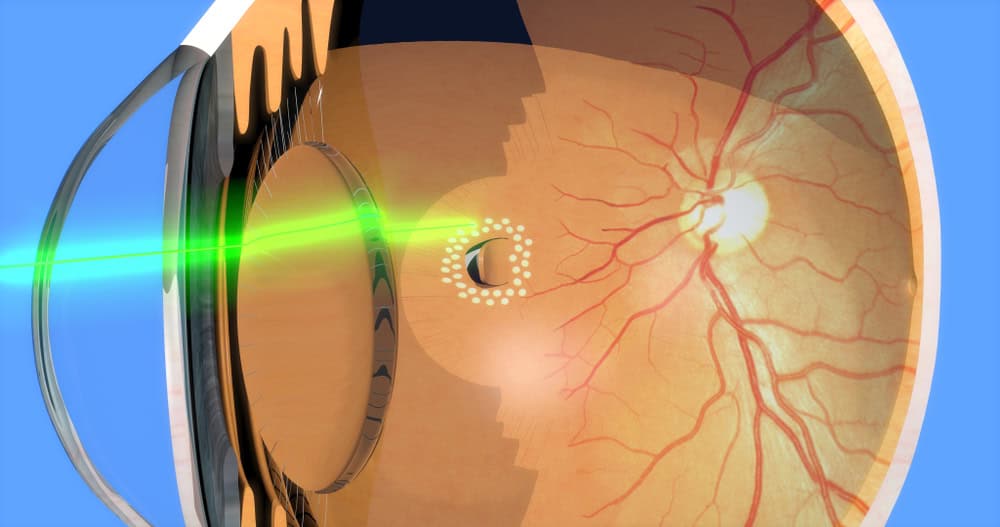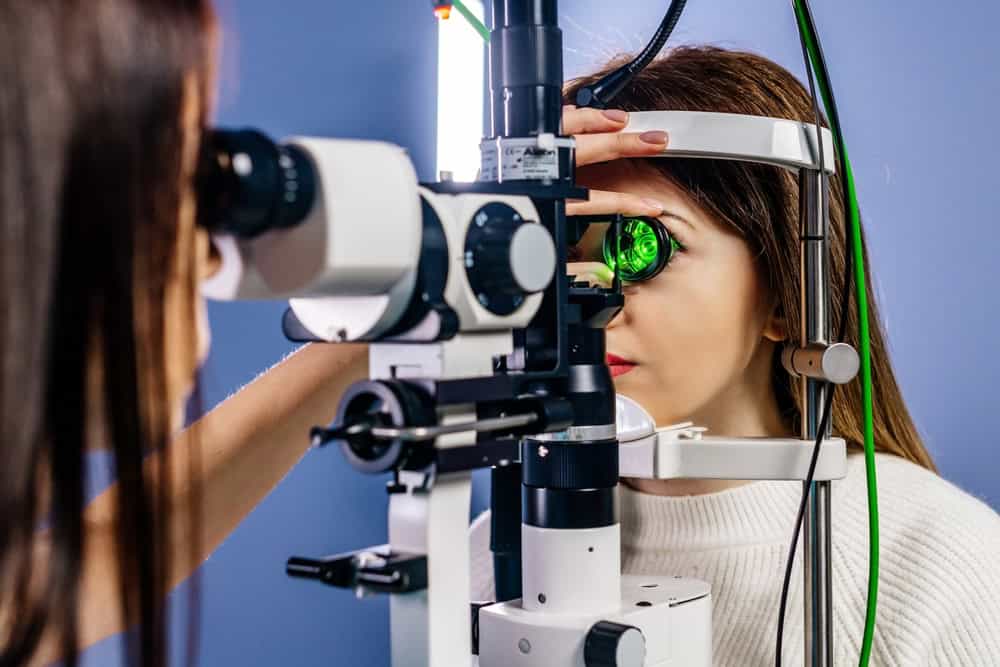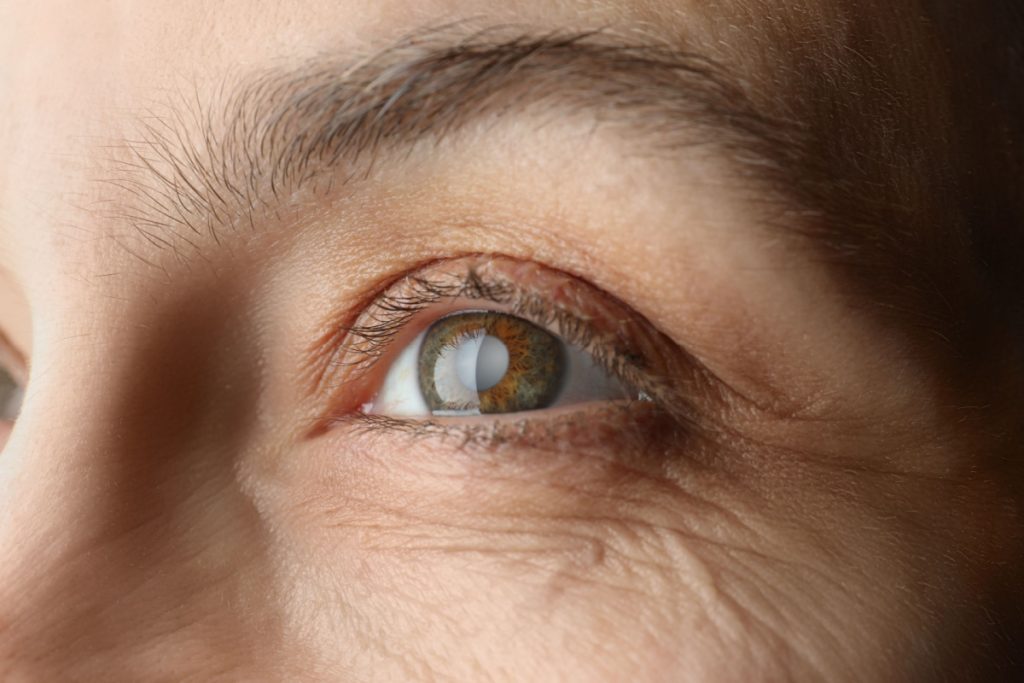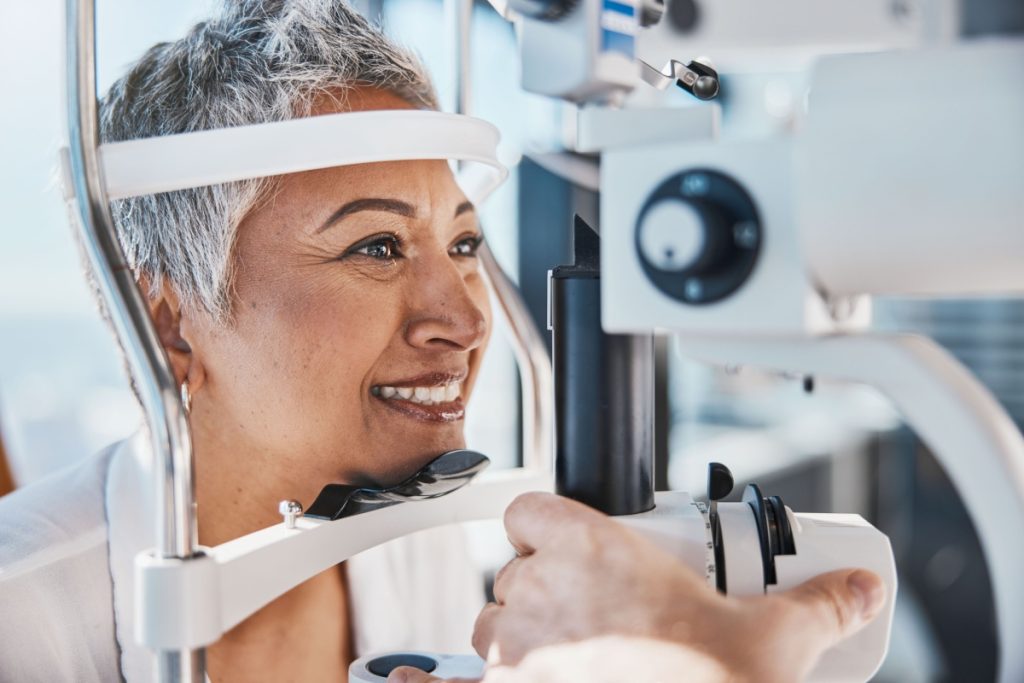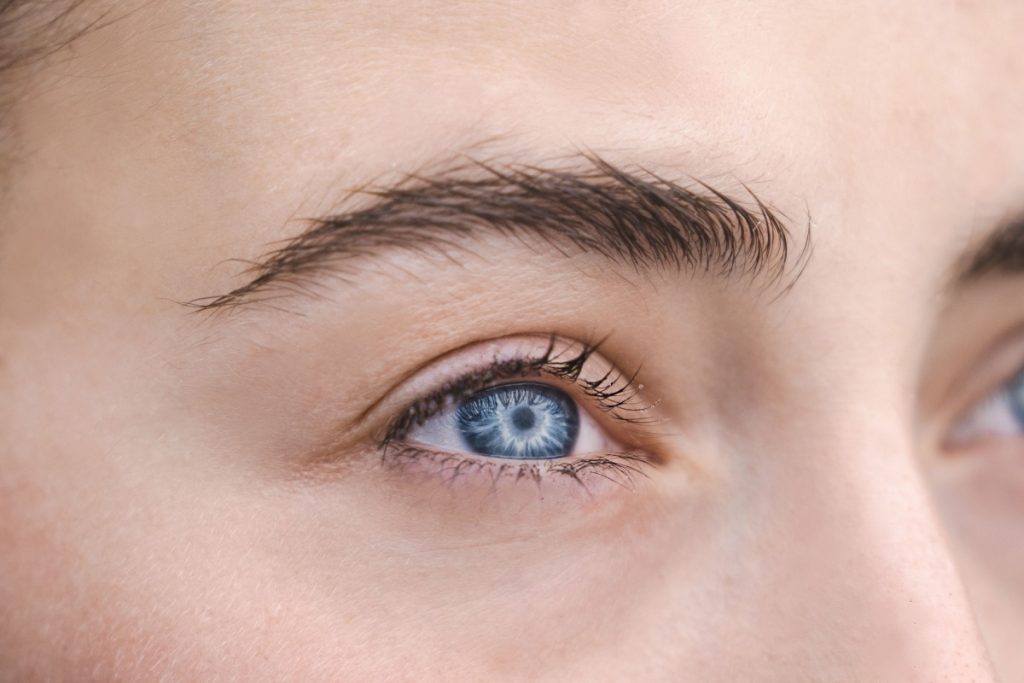
Winter and dry eyes often seem to go hand in hand — but they don’t have to if you take a few proactive steps as the weather cools down in Reading, PA.
At Berks Eye Physicians & Surgeons, we understand how disruptive dry eyes can be, especially when it’s so cold outside. As trusted experts in dry eye syndrome with 70 years of experience serving the Reading community, our team focuses on innovative solutions to make your life more comfortable.
Prevention is vital in managing dry eye symptoms, particularly during winter when environmental factors often worsen the condition. This month’s blog covers ways to prevent dry winter eyes and stay comfortable in the cold.
Why Winter Makes Dry Eyes Worse
Winter weather can exacerbate dry eye symptoms due to:
- Dry Indoor Air: Heating systems reduce humidity in the air, drying out your eyes.
- Cold Winds: Outdoor air and windy conditions strip moisture from the eye’s surface.
- Increased Screen Time: Shorter days often lead to more time indoors using electronic devices, contributing to dryness.
Knowing these triggers can help you take proactive steps to protect your eyes.
Tips to Prevent Dry Eyes During Winter
Preventing dry eyes starts with small but impactful changes to your routine. Here are some practical tips:
- Blink Frequently: Frequent blinking — especially when using digital screens — can keep your eyes moist.
- Take Breaks: Try 20-20-20: Every 20 minutes, refocus your gaze about 20 feet away for 20 seconds.
- Stay Hydrated: Good hydration supports natural eye moisture.
- Use a Humidifier: Add moisture to your home or workspace air.
- Eye Protection: Wear full-coverage (wraparound) sunglasses to shield against wind and cold.
- Warm Compresses: Compresses can soothe your eyes and help improve oil gland function to keep your tears from evaporating too fast.
- Use Artificial Tears: Choose preservative-free options to maintain moisture as needed.
These preventative steps can significantly reduce your discomfort during the colder months.
When You Need Dry Eye Treatment
We do everything possible to help our patients avoid dry eyes, but when simple remedies don’t work, you can rely on us for advanced dry eye syndrome care.
Our innovative treatments are tailored to address the cause of your symptoms. Our comprehensive solutions include:
- Artificial Tears
- Prescription Eye Drops
- Prescription Eye Ointments
- Nutritional Supplements
- Meibomian Gland Expression: For meibomian gland dysfunction and evaporative dry eye
- LipiFlow®: A treatment combining heat and gland expression
- Autologous Serum Eye Drops: Derived from your blood, this powerful serum contains natural proteins promoting ocular surface healing and eye lubrication
Our dry eye syndrome specialists craft a solution for your unique needs.
Help With Dry Eyes in Reading, PA
If you’re experiencing dry eyes this winter, or you’re simply trying to prevent a recurrence, our caring specialists at Berks Eye Physicians & Surgeons can help. Call us today at 610-372-0712.
 1802 Paper Mill Road, Wyomissing, PA 19610
1802 Paper Mill Road, Wyomissing, PA 19610

